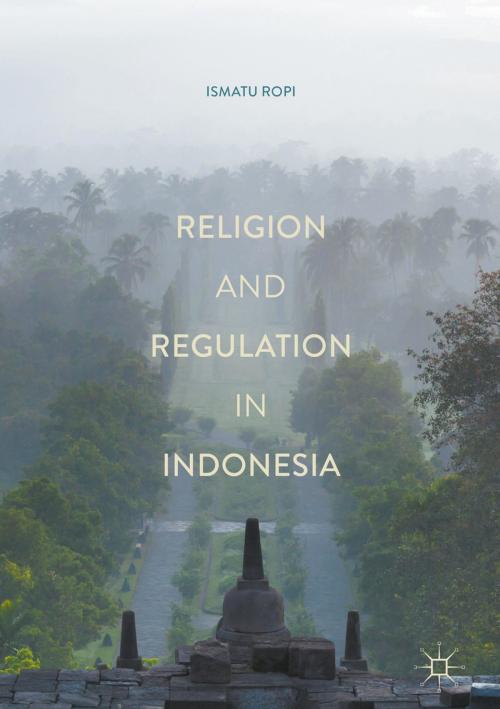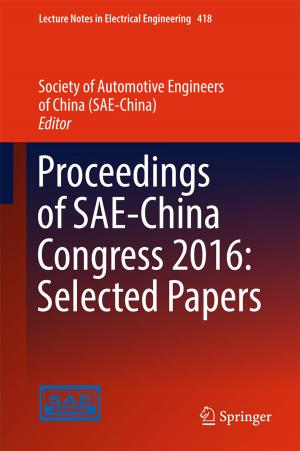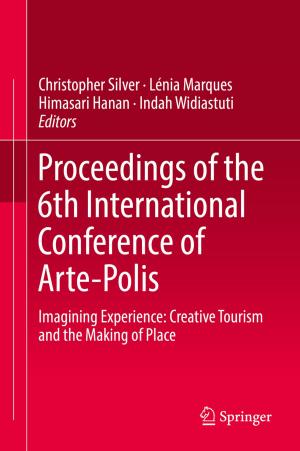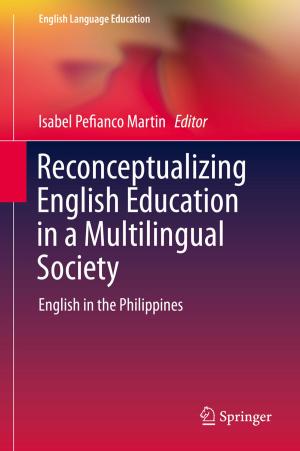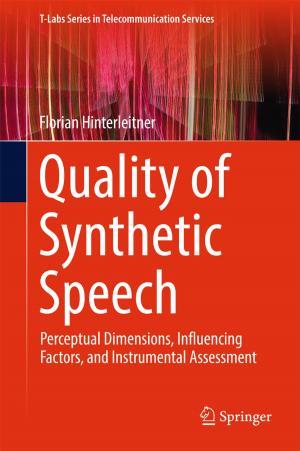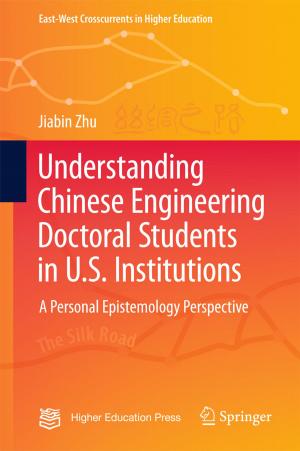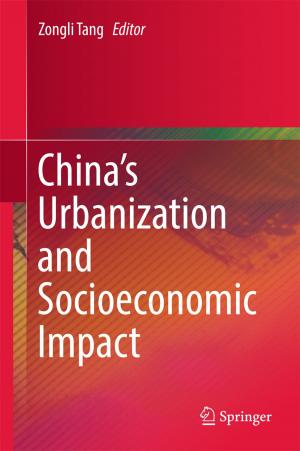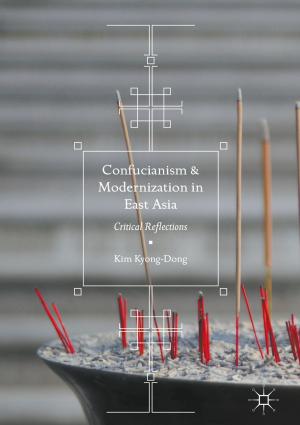Religion and Regulation in Indonesia
Nonfiction, Social & Cultural Studies, Social Science, Sociology, Marriage & Family, Political Science, Government, Public Policy, Religion & Spirituality| Author: | Ismatu Ropi | ISBN: | 9789811028274 |
| Publisher: | Springer Singapore | Publication: | January 5, 2017 |
| Imprint: | Palgrave Macmillan | Language: | English |
| Author: | Ismatu Ropi |
| ISBN: | 9789811028274 |
| Publisher: | Springer Singapore |
| Publication: | January 5, 2017 |
| Imprint: | Palgrave Macmillan |
| Language: | English |
This book analyses the relation between state and religion in Indonesia, considering both the philosophical underpinning of government intervention on religious life but also cases and regulations related to religious affairs in Indonesia. Examining state regulation of religious affairs, it focuses on understanding its origin, history and consequences on citizens’ religious life in modern Indonesia, arguing that while Indonesian constitutions have preserved religious freedom, they have also tended to construct wide-ranging discretionary powers in the government to control religious life and oversee religious freedom. Over more than four decades, Indonesian governments have constructed a variety of policies on religion based on constitutional legacies interpreted in the light of the norms and values of the existing religious majority group. A cutting edge examination of the tension between religious order and harmony on one hand, and protecting religious freedom for all on the other, this book offers a cutting edge study of how the history of regulating religion has been about the constant negotiation for the boundaries of authority between the state and the religious majority group.
This book analyses the relation between state and religion in Indonesia, considering both the philosophical underpinning of government intervention on religious life but also cases and regulations related to religious affairs in Indonesia. Examining state regulation of religious affairs, it focuses on understanding its origin, history and consequences on citizens’ religious life in modern Indonesia, arguing that while Indonesian constitutions have preserved religious freedom, they have also tended to construct wide-ranging discretionary powers in the government to control religious life and oversee religious freedom. Over more than four decades, Indonesian governments have constructed a variety of policies on religion based on constitutional legacies interpreted in the light of the norms and values of the existing religious majority group. A cutting edge examination of the tension between religious order and harmony on one hand, and protecting religious freedom for all on the other, this book offers a cutting edge study of how the history of regulating religion has been about the constant negotiation for the boundaries of authority between the state and the religious majority group.
